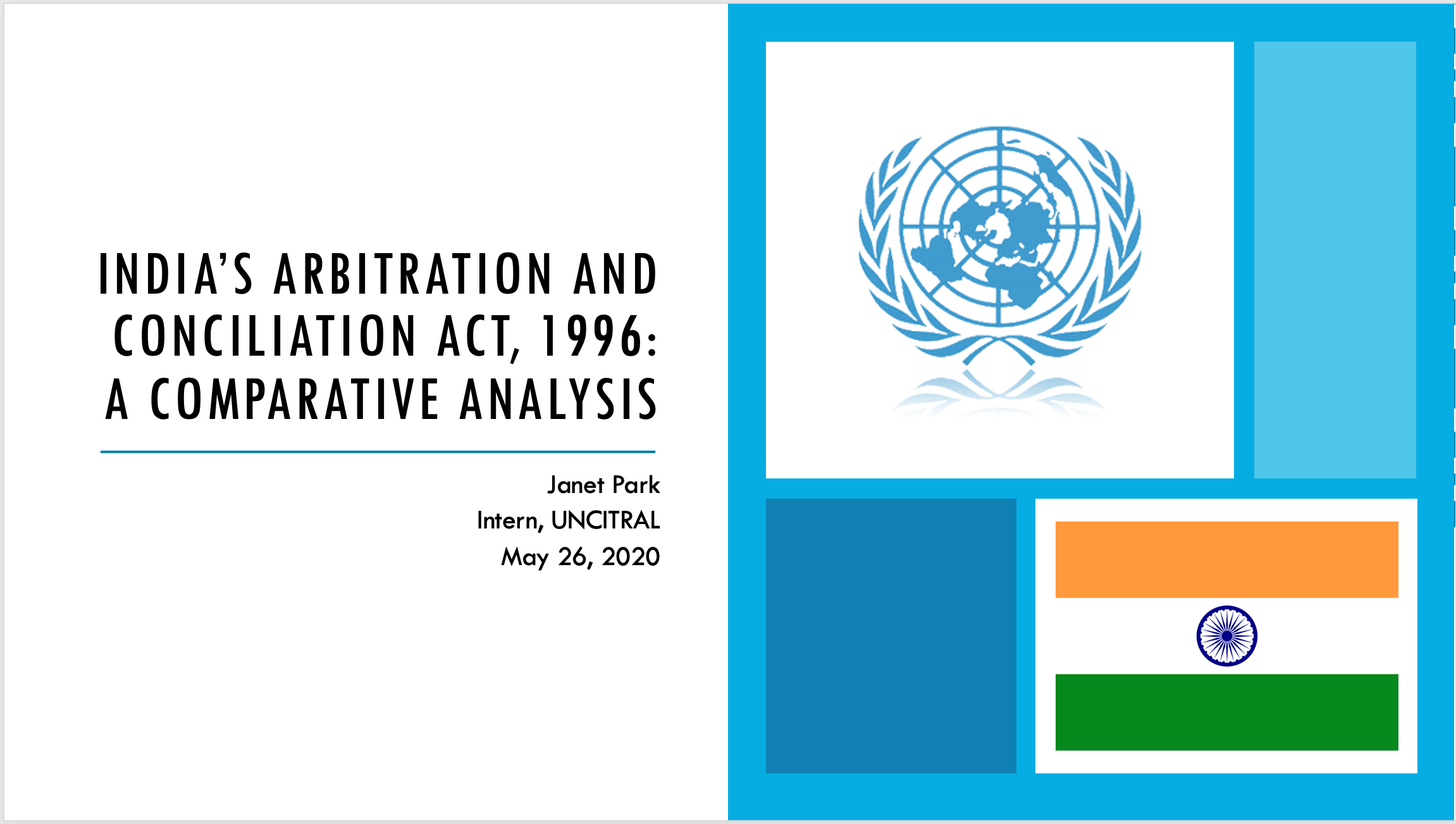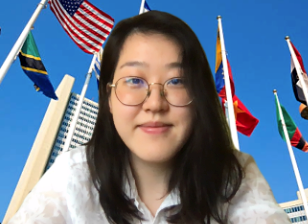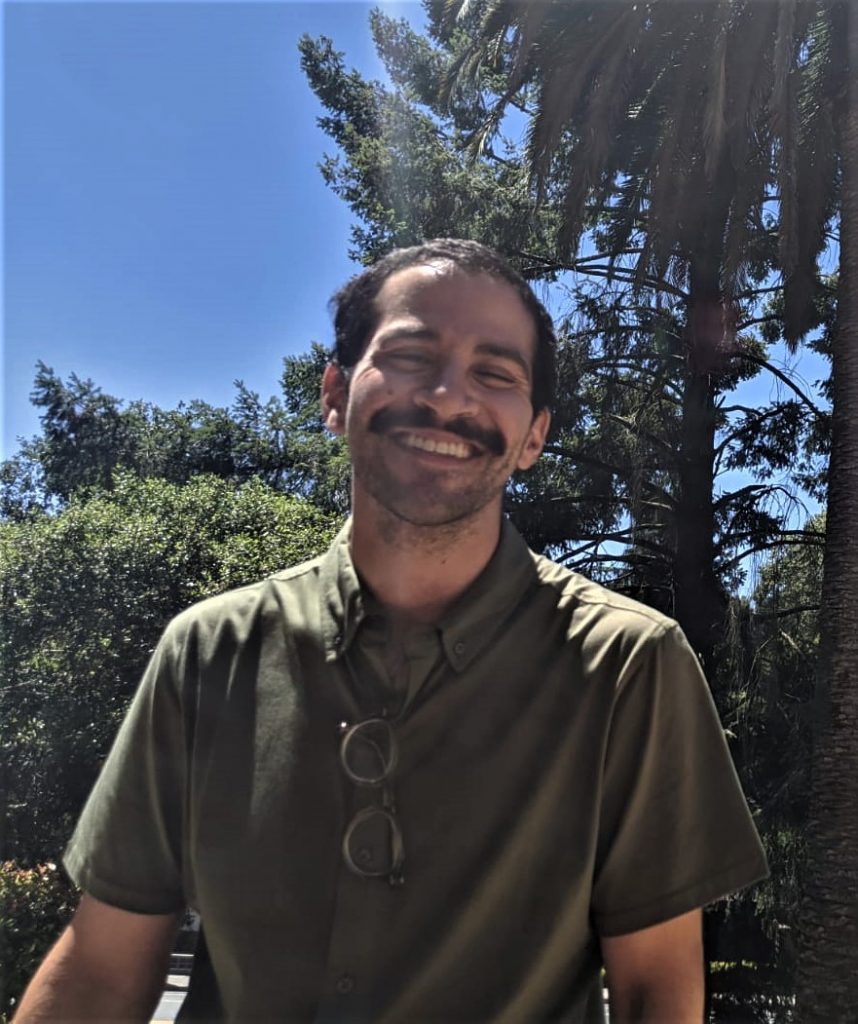
By Ji Soo Janet Park ’22
I just finished my fifth week as a Chayes International Public Service Fellow, working remotely with the UN Commission on International Trade Law (UNCITRAL), located in Vienna, Austria. UNCITRAL is the core legal body of the UN system in the field of private international law, and more specifically, of international trade and investment. As an intern, I conduct legal research, draft memos, research papers, and sections for future incorporation into the UNCITRAL Secretariat’s Working Papers, and perform comparative analyses of national and international laws and regulations against UNCITRAL’s own rules and model laws.
 When I began my internship on May 21, I immersed myself in the world of international trade law right away, as I received my first assignment right after orientation on the same day. My task involved a comparative analysis of the Indian Arbitration and Conciliation Act, the UNCITRAL Model Law on International Commercial Mediation, and the UNCITRAL Conciliation Rules for Working Group II (Arbitration and Conciliation / Dispute Settlement). This project was undertaken in light of India’s new position as a signatory to the UN Convention on International Settlement Agreements as of 2019.
When I began my internship on May 21, I immersed myself in the world of international trade law right away, as I received my first assignment right after orientation on the same day. My task involved a comparative analysis of the Indian Arbitration and Conciliation Act, the UNCITRAL Model Law on International Commercial Mediation, and the UNCITRAL Conciliation Rules for Working Group II (Arbitration and Conciliation / Dispute Settlement). This project was undertaken in light of India’s new position as a signatory to the UN Convention on International Settlement Agreements as of 2019.
Upon completion of my first project and presentation of my findings to the other interns and my supervisor, I dove right into my second project with Working Group III (Investor-State Dispute Settlement Reform). In light of growing concerns surrounding the size and scale of interest awards in international investment arbitrations, I conducted legal research on various databases to learn about the types of interest that have been awarded by investment tribunals, as well as the rationale behind each approach, which eventually culminated in a 40-page research paper. Throughout the research process, I found it fascinating to learn about the ways in which interest awards are discussed by scholars, arbitrators, and the parties to the dispute, all through a different lens. Also, the more I researched, the more I appreciated the complexity of the issue and the difficulty of balancing the competing interests of the stakeholders. As a student deeply interested in treaty negotiations and bilateral/multilateral trade agreements, I especially found the research and the work incredibly fulfilling and am further inspired to pursue my career goal of international public service.
Despite numerous difficulties associated with COVID-19 and a remote internship (one of which is the time difference, as Vienna is six hours ahead of New Jersey, where I live), I have nonetheless been pleasantly surprised by the amount of meaningful work that I have been able to perform. I truly appreciate the multicultural and diverse environment of an intergovernmental body, which allows me to learn from the other interns about the legal systems and issues related to international trade law of the countries of their citizenship (e.g., Turkey, Canada, Brazil, and China) during the daily interns’ meetings on Skype. I have enjoyed engaging in substantive debates with my supervisor about my proposed revisions to the current treaty language of bilateral investment treaties (BITs) as well.


 By Amre Metwally ’22
By Amre Metwally ’22 By William Edin ’22
By William Edin ’22 By Maria Smith ‘22
By Maria Smith ‘22
 When I began my internship on May 21, I immersed myself in the world of international trade law right away, as I received my first assignment right after orientation on the same day. My task involved a comparative analysis of the Indian Arbitration and Conciliation Act, the UNCITRAL Model Law on International Commercial Mediation, and the UNCITRAL Conciliation Rules for Working Group II (Arbitration and Conciliation / Dispute Settlement). This project was undertaken in light of India’s new position as a signatory to the UN Convention on International Settlement Agreements as of 2019.
When I began my internship on May 21, I immersed myself in the world of international trade law right away, as I received my first assignment right after orientation on the same day. My task involved a comparative analysis of the Indian Arbitration and Conciliation Act, the UNCITRAL Model Law on International Commercial Mediation, and the UNCITRAL Conciliation Rules for Working Group II (Arbitration and Conciliation / Dispute Settlement). This project was undertaken in light of India’s new position as a signatory to the UN Convention on International Settlement Agreements as of 2019.